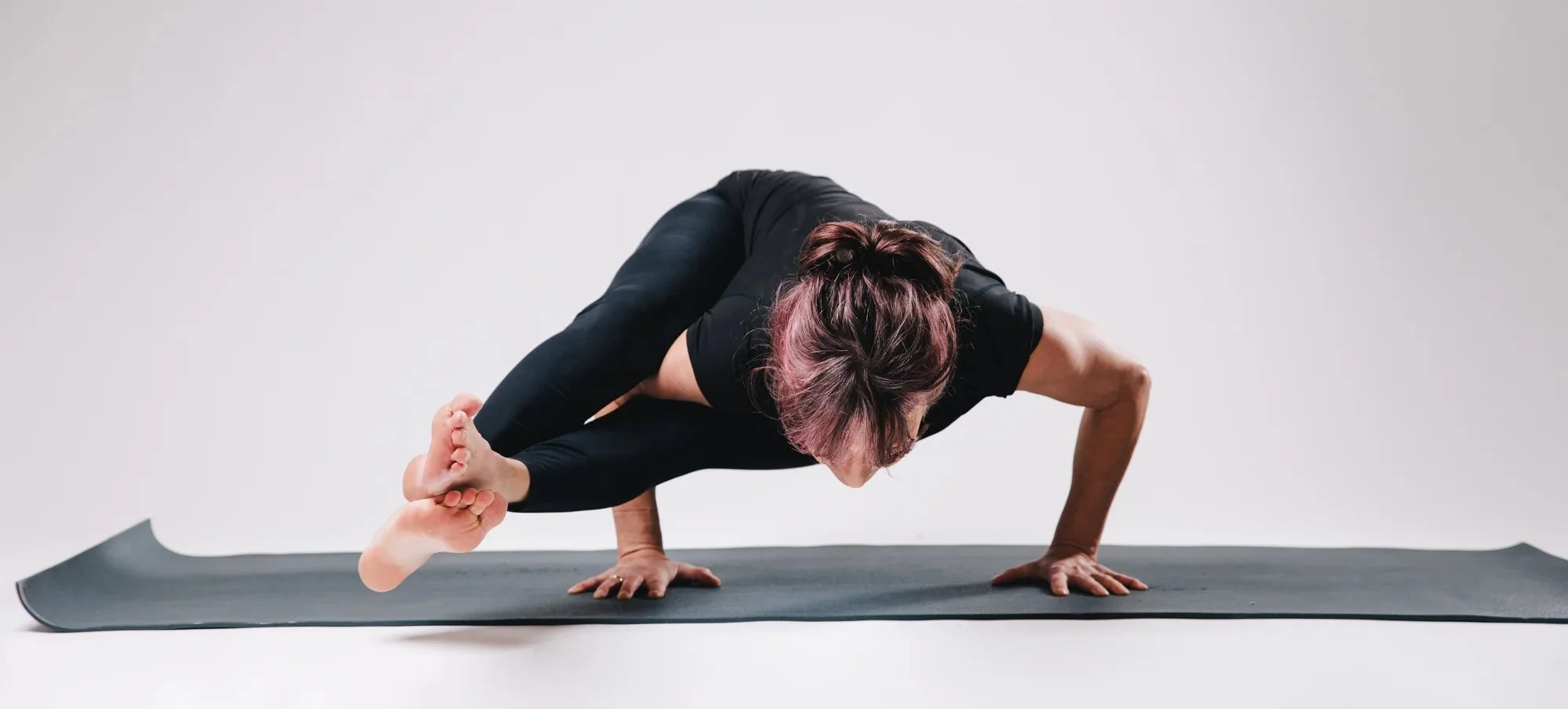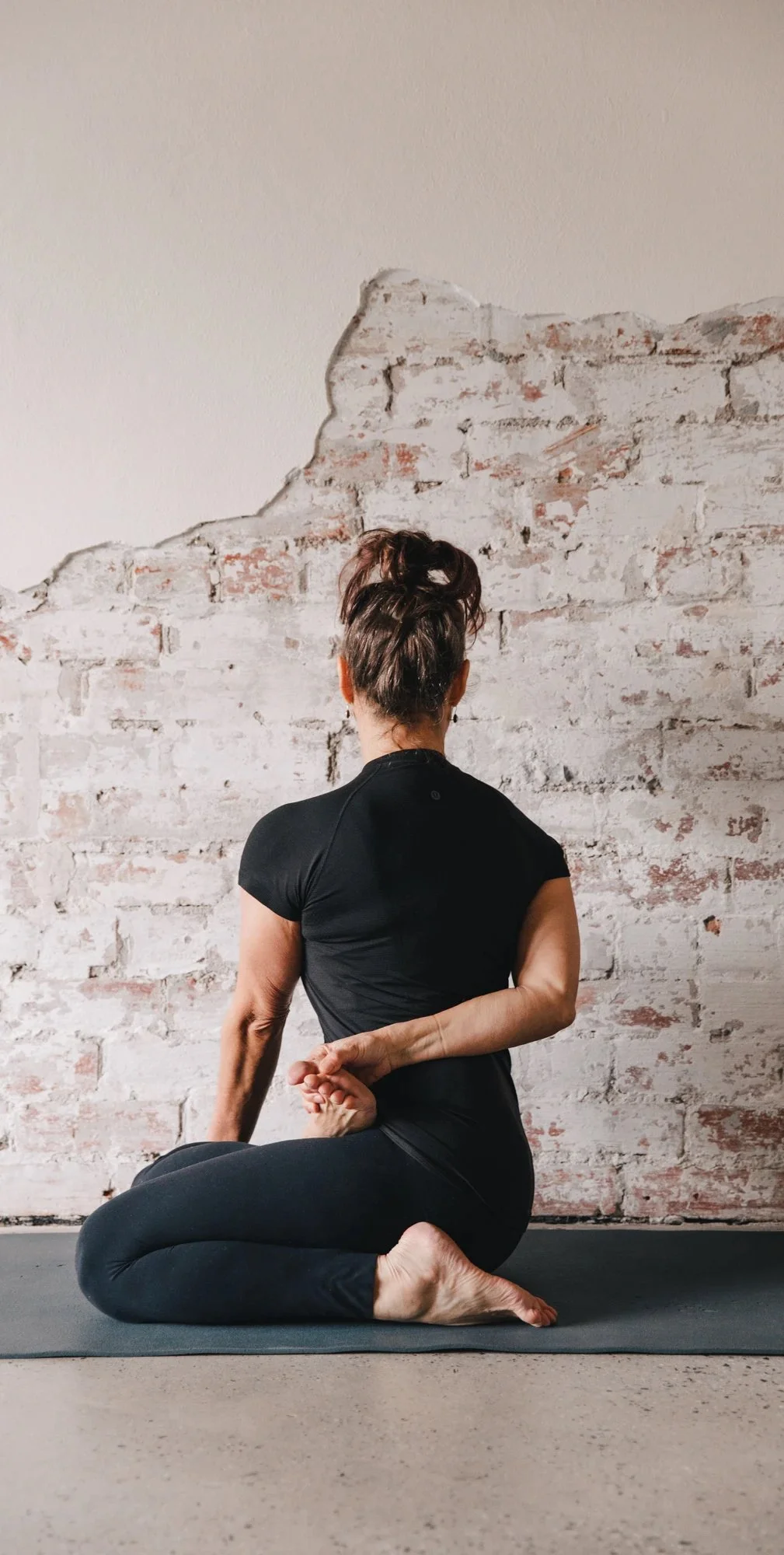Finding Bliss: 7 Remarkable Benefits of Yoga for Boosting Happiness
Yoga has a long and ancient history that spans thousands of years. Its exact origins are difficult to pinpoint, but it is believed to have developed in the Indus Valley civilisation of ancient India, dating back over 5,000 years. The practice of yoga has evolved over time and has been influenced by various philosophical, cultural, and religious traditions. It is not news to any of us that this ancient practice has an array of benefits, whether that be physical, mental or spiritual. So, let’s take a look at some of the amazing benefits of yoga on one’s happiness and state of mind.
The Principles of Yoga
The principles of yoga encompass a holistic approach to physical, mental, and spiritual well-being. Some of the core principles of yoga are the following:
Union: Yoga, which means "union" in Sanskrit, aims to unite the body, mind, and spirit. It's about achieving harmony and balance in all aspects of life.
Asanas (Postures): Physical postures or asanas are a fundamental part of yoga. These poses are designed to improve flexibility, strength, and balance while promoting physical health.
Pranayama (Breath Control): Yoga emphasises the importance of breath control or pranayama. It involves various breathing techniques to calm the mind, increase energy, and enhance overall well-being.
Meditation: Meditation is a key component of yoga. It involves focusing the mind, achieving mental clarity, and developing inner peace. Meditation can also be a means of self-discovery and spiritual growth.
Yamas (Ethical Guidelines): Yamas are ethical guidelines that guide one's behaviour towards others. They include principles like non-violence (ahimsa), truthfulness (satya), and non-greed (aparigraha).
Niyamas (Personal Disciplines): Niyamas are personal disciplines that focus on self-purification and self-improvement. Examples include self-discipline (tapas), contentment (santosha), and self-study (svadhyaya).
Dhyana (Concentration): Dhyana is the practice of concentration and mental focus. It helps quiet the mind, increase awareness, and deepen one's connection to the present moment.
A Healthy Lifestyle: Yoga encourages a healthy and balanced lifestyle. This includes mindful eating, adequate rest, and positive relationships.
A Respect for All Life: Yoga promotes compassion and respect for all living beings. This extends to animals and the environment.
Self-Realisation: Ultimately, yoga is a path to self-realisation and spiritual awakening. It's about understanding your true nature and finding inner peace and fulfillment.
7 benefits of Yoga for Increased Happiness
In a fast-paced world filled with stress and demands, yoga offers a sanctuary of balance and inner peace. Yoga not only enhances physical health, but also nurtures a deeper sense of happiness and contentment in our lives. How does yoga impact our overall sense of happiness and wellbeing? Here are 7 health benefits of yoga that contribute to increased happiness.
Stress Reduction: Yoga incorporates relaxation techniques such as deep breathing and meditation, which help reduce stress levels. Lowering stress can lead to greater emotional well-being and happiness.
Improved Mood: Regular yoga practice can stimulate the release of endorphins, which are natural mood lifters. This can help combat feelings of sadness and enhance your overall mood.
Enhanced Mindfulness: Yoga encourages you to be present in the moment, promoting mindfulness. Being mindful can help you appreciate life's simple pleasures and find happiness in everyday experiences.
Better Sleep: Yoga can improve sleep quality by reducing insomnia and promoting relaxation. Getting adequate, restful sleep is essential for emotional and mental balance, contributing to a happier disposition.
Increased Self-Awareness: Through meditation and self-reflection, yoga helps you become more aware of your thoughts, emotions, and behaviours. This self-awareness can lead to personal growth and a deeper sense of contentment.
Boosted Self-Esteem: Yoga promotes self-acceptance and self-care. As you gain physical and mental strength, you may develop a more positive self-image, leading to increased self-esteem and happiness.
Positive Social Connections: Participating in group yoga classes or joining a yoga community can foster positive social connections. Building supportive relationships and a sense of belonging can contribute to happiness and a sense of fulfilment.
It is important to be conscious that the effects of yoga on happiness may vary from person to person, and consistent practice over time often yields the most significant benefits. Integrating yoga into your routine can be a valuable tool for enhancing your overall well-being and happiness. It’s also important to remember that your journey is uniquely yours. If you have never practised yoga before, there is always space in community classes to grow your confidence and learn about yourself. Different styles of yoga are available for different levels of experience, and it should be considered that yoga is not about pushing yourself to your physical limits. It is much more so about building endurance, mental discipline and patience with yourself and your physical capabilities.
Yoga with Thornbury Apothecary
We offer two different styles of yoga classes, Yin and Iyengar. Yin yoga is a slower paced practice. It focuses on deep stretching and relaxation, targeting the body’s connective tissues with an aim to increase flexibility and mobility. In Yin yoga, poses are primarily passive and are held for longer periods of time (generally 3-5 minutes), allowing the body to naturally release tension. It is a great style to introduce yourself to the practice, and is popular for those who could benefit from deep stretching, mindfulness, and to slow down the mind and body. Yin yoga often incorporates mindfulness and meditation practices during the long holds, promoting mental relaxation and inner awareness. Sidney holds Yin classes each Thursday evening from 6:15pm - 7:15pm, at Oktopia Studios.
Iyengar yoga places a strong emphasis on precise alignment and posture. It prioritises the correct alignment of the body in each pose to improve flexibility, strength, and balance. In Iyengar yoga, props like blocks, straps, and wall support are commonly used to help students achieve proper alignment and experience the poses safely. Poses in Iyengar yoga are typically held for a longer duration, allowing students to refine their alignment and deepen their stretches over time. While it may appear slow-paced, Iyengar yoga involves dynamic engagement of muscles and a strong focus on controlled, conscious movements. Iyengar yoga covers a wide range of poses, including standing, sitting, and inverted poses. The practice is structured to progressively build strength and flexibility. Natalie offers Iyengar on Mondays and Wednesdays, with different times available for different levels of experience.




















